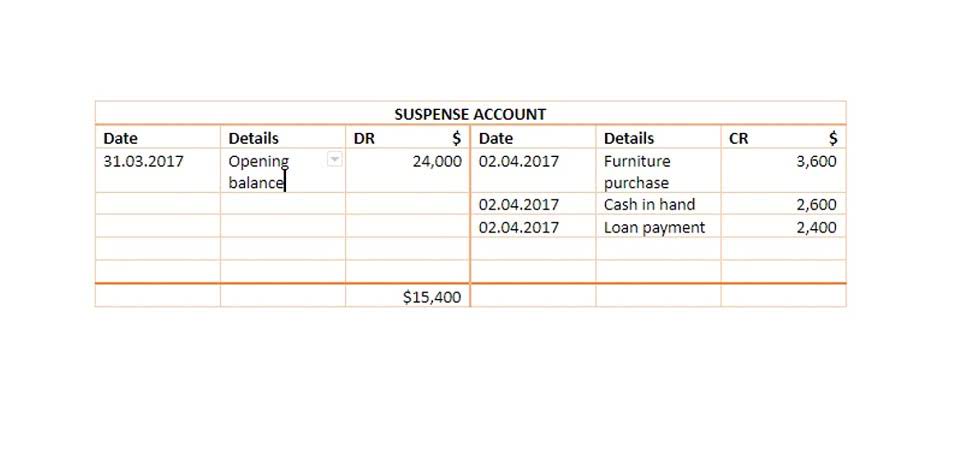
Finding an accountant that is actively helping you grow your business can be more difficult than you think. In our experience, it’s best to work with professionals who understand the needs of your industry instead of providing generic services. At Thomas & Co Accounting we work with influencers and content creators everyday – we know the best way to support you. Managing finances as an influencer or content creator can be overwhelming, especially if you have limited knowledge of accounting principles. Hiring an eCommerce accountant can be beneficial in this regard, as they can help you manage your finances, identify areas where you can save money, and ensure that Food Truck Accounting you comply with tax laws.
Full-Service Accounting, Planning, and Bookkeeping for Businesses and Individuals

For example, costs directly related to producing content, such as camera equipment, editing software, and even expenses from promotional activities, can qualify. It’s essential to clearly demonstrate how each expense contributes to your business activities. For digital creators, expenses such as software subscriptions, advertising bookkeeping costs, equipment upgrades, and platform fees can quickly add up. These are essential for creating content, reaching audiences, and running the business, but if they’re not carefully managed, they can eat into your earnings significantly. Managing money might not be the first thing influencers think about when they start creating content, but it’s crucial for turning a passion into a sustainable business. So let’s dig deeper into common financial missteps influencers make and how to solve them.

The TikTok Tax Dilemma: 1099s for Online Content Creators and What It Means for Your Taxes
Many content creators don’t realize that if they earn a consistent income, they are required to make quarterly estimated tax payments. Another crucial accounting tip for influencers and content creators is to separate their personal and business finances. This means opening a separate bank account for your business transactions and using it solely for business purposes.
- By tracking and managing your expenses, it’s possible to balance spending and income, make informed decisions about upcoming expenses, and chart a confident path forward.
- The self-employment tax rate is 15.3%, consisting of 12.4% for Social Security and 2.9% for Medicare.
- The utility company has performed the work, you owe them the money, it is therefore an expense at that time.
- National Insurance (NI) contributions are another financial obligation for self-employed individuals.
- However, that is only the case if you get the other things right first.
On the Money Mondays, Episode #3
Just like having a business email address shows you’re serious about your work, having separate finances reflects your professionalism to banks, sponsors, and partners. Whether you choose accrual or cash basis accounting, generally speaking, will make the largest difference at year-end. Because throughout the year, most of the time bills get paid within say 30, 60, 90 days.
- While not immediately necessary for everyone, as your operations grow, an accountant can provide invaluable advice and ensure compliance with all tax and legal requirements.
- While the foundation of bookkeeping—tracking income and expenses to understand financial health—remains consistent across fields, digital creators face unique challenges and opportunities.
- Without financial records, you have no way to prove what you spent, what you earned, who you paid, etc.
- And as the creator economy has matured, the ways influencers can make money have multiplied.
- Not only can they help manage cash flow and keep you organized, but they can also provide valuable tax advice to make sure you’re maximizing your income and keeping expenses in check.
- Understanding and implementing rigorous bookkeeping practices not only keeps you compliant with IRS regulations but also secures the financial health of your creative endeavors.
This can be done through various accounting software or even a simple spreadsheet. By doing so, you can monitor your cash flow, identify areas where you can cut costs, and ensure that you are paying the right amount of tax. Influencers and content creators have become a significant part of the digital economy, generating revenue through sponsored posts, merchandise sales, and affiliate marketing.


So, for example, YouTube ad revenue, money from Twitch, affiliate brand deals — all of these could easily be lumped into one category, and therefore one entity. Even though the company was halfway through the year, that accounting for influencers gave sufficient time to adjust and make sure the business is well set up for tax season. McDonagh sees more value in Nelson’s content, particularly her recognizable style and niche audience. She highlights how her content has trend potential and a localized focus, which could be leveraged for in-store promotions. Her higher rate acknowledges the importance of community engagement and repeatable content formats, aspects that many brands overlook.
